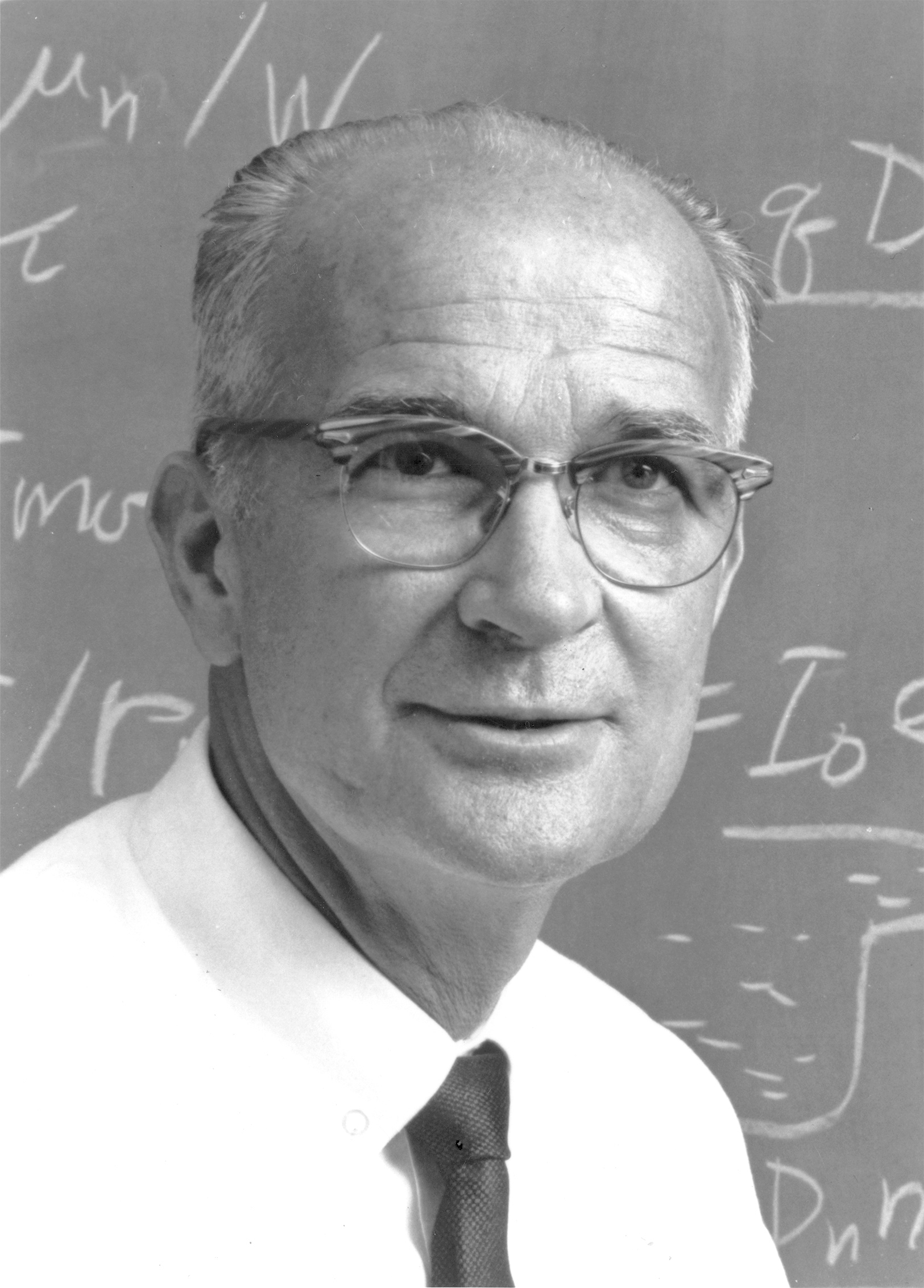Named discoveries are everywhere in chemistry. From Planck’s constant to Suzuki-Miyaura coupling reactions, these names represent the legacy of the scientists who contributed greatly to our study. However, great scientists are not always great people.

A photo of Nobel Prize-winning physicist and known eugenics advocate William Schockley. The naming of the “Schockley-Queisser limit” after him is controversial. Photo by Chuck Painter / Stanford News Service
For example, William Shockley was a physicist whose work on semiconductors earned him a third of a Nobel Prize in 1956. He had several discoveries named after him, including the Shockley-Queisser Limit which is a theoretical limit commonly discussed in solar cell research. He was also a known racist and eugenics advocate. Among other things, he proposed that women with low IQs should be paid to be sterilized. Thus, it is somewhat unsurprising that Ehrler et al. proposed that the Schockley-Queisser Limit be renamed as to not celebrate such a character. The authors also called into question the naming of the Haber process and the unit of Debye based on transgressions of the scientists they are named after. This discussion caused much controversy.
In her essay “The Peril of Politicizing Science”, chemist Anna Krylov warns against the idea of renaming discoveries named after problematic figures. She argues that “cancel culture” is a slippery slope towards censorship and ideologically controlled science, which hinders scientific progress in the long run. Krylov also writes that the act of renaming erases the complexities of the intersection between science and ethics, and that teaching and studying the history of science would be more productive and instructive for future scientists.
In an essay titled “Science Is Political, and We Must Deal with It”, science writer Philip Ball responds to Krylov’s protests. Ball argues that removing the names do not stop textbooks from discussing the ethics of science and the people who made the important discoveries. He also writes that naming discoveries after people perpetuates the idea that science is propelled by individual genius and not a long series of collaborative efforts.
Both sides of the argument agree that there is a lot of nuances in these circumstances, but fail to agree on one important idea: Ehrler et al. and Ball believe that celebrating people with moral failings suggests that their behaviour is acceptable as long as the science they produce is of high quality; Krylov believes that we should evaluate a scientist’s contribution solely on the merit of the science and not on their individual beliefs.
There is no clear way to answer whether we should rename these familiar terms such as the Haber process or the Schockley-Queisser limit, and I hope productive discourse within the scientific community will lead to a satisfying solution.
~ Ying Cai

This is a fascinating topic that i have not previously considered in this context. On one hand it seems to me that renaming things that are well established is a slippery slope but on the other hand, this eugenics guy you mention seems awful! I guess the question i am left with is how much of a person are we invoking every time we say their name?
I thought your blog was well written and the tone was appropriate. One thing that could be improved was maybe you could have expanded a little bit on the Haber process and what the deal was with fritz Haber.